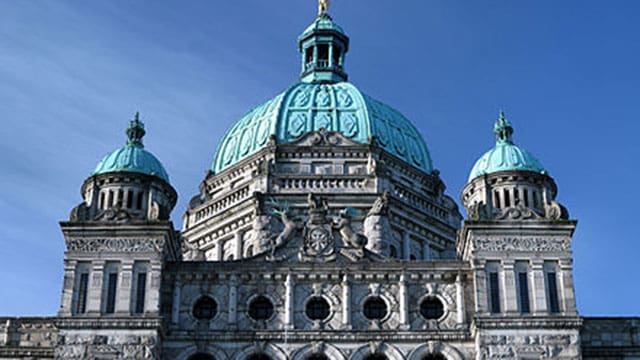The BC NDP approach to Aboriginal reconciliation has been anything but transparent, leaving many people feeling shut out of the conversation
By Geoffrey Moyse
The following is a quote from an article that appeared in The Narwhal on July 29, 2024:
“On a recent call, B.C. ministers acknowledged the government is concerned about public backlash to recent Indigenous Rights announcements in the lead-up to the October provincial election.
“We are really concerned about the significant political debate around the Haida Act and Land Act, and the tone of the conversation that is taking place in B.C., and the risk is really high leading into the election,” Minister of Energy, Mines and Low Carbon Innovation Josie Osborne said in a recording of a call between B.C. ministers and Gitanyow representatives, which took place on June 20. The recording was reviewed by The Narwhal and quoted in a press release from the Gitanyow Hereditary Chiefs.
Minister of Water, Land and Resource Stewardship Nathan Cullen mentioned the fact Conservative leader John Rustad said he may “tear up” Indigenous Rights legislation if elected, and expressed concern about giving “opponents to reconciliation a stick to smash us around the head with in the next few months.”
 |
| More from Geoffrey Moyse |
| BC NDP brands non-Indigenous residents as “settlers”
|
| How BC’s Indigenous rights act alters BC law in secret
|
| British Columbia could disappear under a sea of Aboriginal title
|
According to Cullen, it appears that anyone who disagrees with the BC NDP government’s over-the-top approach to Aboriginal issues can be classified as an “opponent to reconciliation.”
Cullen’s attitude is typical of many ministers and bureaucrats in the current BC NDP government. They often dismiss, and even scorn, those who question the NDP government’s stance on reconciliation. They seem to believe that UNDRIP-based reconciliation is the only valid approach, disregarding alternative options, such as those grounded in Canadian constitutional law, which could also be considered.
Given how far this government has pushed its own “decolonizing agenda” and pursued what it views as the ultimate goal of UNDRIP-based reconciliation – stretching its interpretation of the Articles in that document beyond reasonable limits – it’s no surprise that significant public backlash has followed.
But what exactly is this “stick to smash us around the head with” that the government is so concerned about giving anyone who questions its approach? Is it public opposition to reconciliation in general? Or, more likely, is it opposition to the government’s specific vision of land and resource-based reconciliation – a vision largely shaped by secret meetings, negotiations with Aboriginal communities, and behind-the-scenes bureaucratic efforts to expansively interpret UNDRIP, aiming to radically change BC laws?
Perhaps the broader political agenda of joint governance over the entire provincial land base – between a provincial government elected by the general public and Aboriginal governments elected only by their own communities – is unsettling to many British Columbians. How would this government know, however, unless there is a “backlash” to their actions? After all, they’ve never asked the public if they agree with the government’s decolonial and “woke” approach to reconciliation.
Take, for example, the government’s arguably unconstitutional reconciliation initiative with the Haida. In the face of court rulings determining Aboriginal title to about five percent of claimed traditional territories, how did this government manage to come up with a reconciliation “solution” for Haida Gwaii that supposedly created Aboriginal title (or some version of it) for 100 percent of the terrestrial territory of Haida Gwaii?
Is it any wonder that members of the public – especially those with some knowledge of Aboriginal title law in Canada – are fueling a “political debate” about the Haida Act, as mentioned in the Narwhal quote, and other initiatives being pushed by this government?
Why does the government believe there shouldn’t be a political debate about their extreme interpretations of colonization’s evils or the actual extent of Aboriginal land ownership in the province?
Reconciliation isn’t something governments can impose on the public. It needs to be a publicly supported and well-understood approach that balances the interests of all residents of the province.
Unfortunately for this government, achieving that balance would require honest conversations with the public about the various reconciliation paths available. That, in turn, would require the government to abandon its secrecy and arrogance, stop pushing its own views of reconciliation onto the public, and genuinely engage with the broader population.
Geoffrey S. Moyse is a retired senior lawyer who served as legal counsel to the Province of BC, advising six successive governments on Aboriginal law over 30 years.
For interview requests, click here.
The opinions expressed by our columnists and contributors are theirs alone and do not inherently or expressly reflect the views of our publication.
© Troy Media
Troy Media is an editorial content provider to media outlets and its own hosted community news outlets across Canada.

